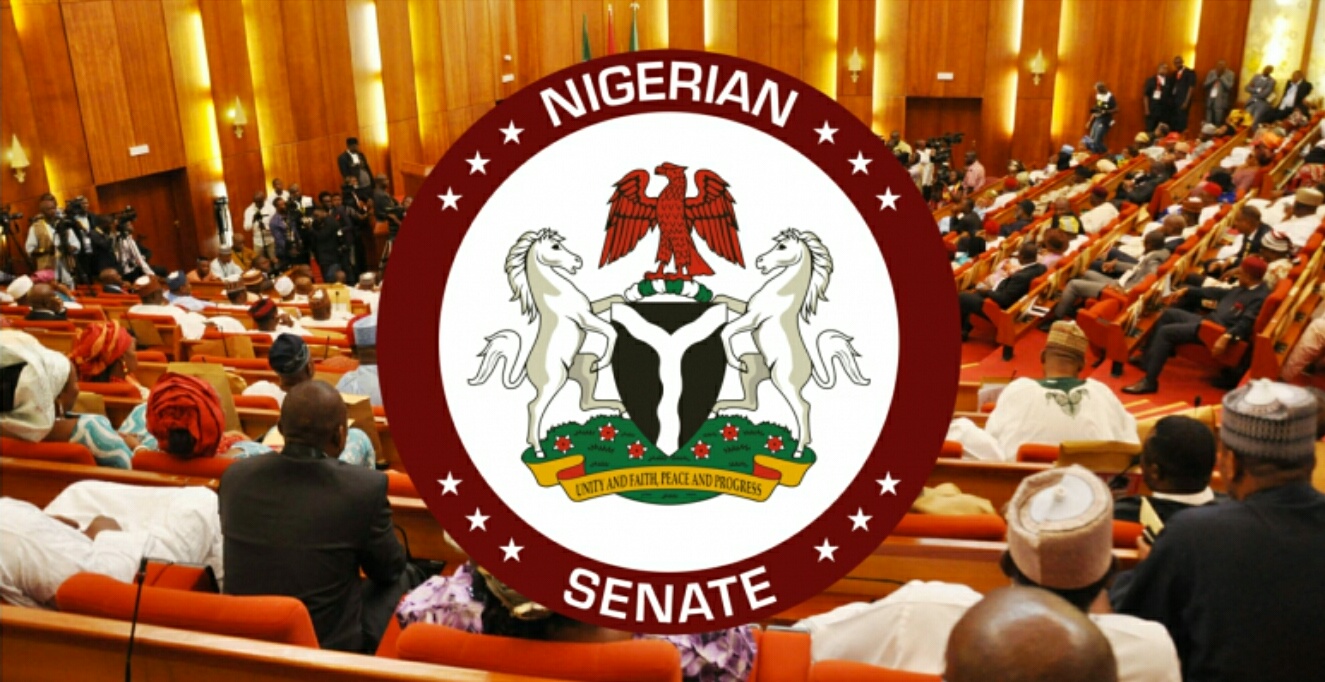By Amaka Obi Abuja
The Nigerian Senate has just began the legalization of virtual court proceedings and passed the first reading of the constitution-alteration bill
The Bill entitled:
“1999 Constitution of the Federal Republic of Nigeria (Alteration) Bill, 2020 (SB. 418)”, is sponsored by Michael Opeyemi Bamidele, and is aimed at ensuring the much-needed corresponding amendment of relevant provisions of the Constitution of the Federal Republic of Nigeria (1999, as amended) in giving legal backing to virtual court proceedings.
The provisions of the Bill as contained in the draft copy include Section 36 sub-section (3) which states thus:
“This section is hereby amended by the addition of the following: “Provided that nothing in this subsection shall invalidate proceedings of a court or the proceedings of a tribunal relating to matters mentioned in subsection (1) of this section (including the announcement of the decisions of the court or tribunal) where same is held by remote hearing or any virtual means now in existence or yet to be developed.
“Section 36 subsection (4) is hereby amended by addition of sub-paragraph (c) as follows: (c) nothing in the foreg
oing paragraphs shall invalidate proceedings of a court or the proceedings of a tribunal relating to matters mentioned in subsection (1) of this section (including the announcement of the decisions of the court or tribunal) where same is held by remote hearing or any virtual means now in existence or yet to be developed.
“Section 36 subsection (12) is hereby amended by addition of the following subsection (13): In this section, “remote hearing” means proceedings or hearing of court conducted via zoom, skype, WhatsApp video or any other social media platform or technological innovation.”
The Nigerian lawyer reports that The proponent of the Bill explains further that section 36 (3) is sufficiently controversial enough now in terms of requirement of public hearing and determination of disputes and this endangers the results of proceedings eventually held virtually. Except the amendment is done urgently, the whole judicial functions of the country will remain paralysed, he argued.
According to the proponent of the Bill, The matter at hand needs to be given a swift consideration and passage.
“It is s a case of emergency now. Upon 2nd reading, the States can be given three days to make returns so that before the end of the month, the process is completed.
“The National Judicial Council in the wake of COVID-19 pandemic and the inability of courts to hold courtroom proceedings had taken steps to ensure continued administration of justice through virtual proceedings in accordance with global best practices, with some State Chief Judges coming out to openly adopt and implement the NJC guidelines.
“However, Nigerian lawyers have been divided over this issue as there has been an ongoing debate among legal practitioners as to whether or not virtual hearing is real hearing as provided for in the Constitution while some are insisting that the word “public” in the Constitution shall continue to mean physical courtroom or other designated place unless and until the relevant provisions in section 36 of the Constitution are amended,” he said.
Bamidele, who is a member of the Body of Benchers, stated that for now, the NJC has a duty to work with stakeholders to manage the current situation until the Constitution is rewritten.
He appealed that this issue is not up for analysis in the media because it has just passed first reading, and must first be debated during the second reading by the senate. The bill will also be subject to public hearing and examination before members of the bar and bench once all senators have received a copy and have had sufficient time to study and analyze the bill.

